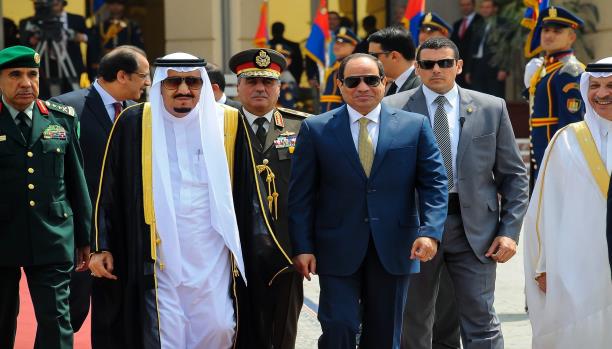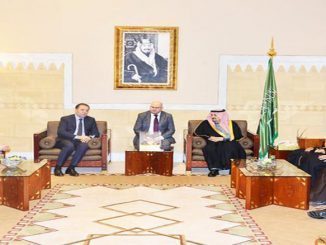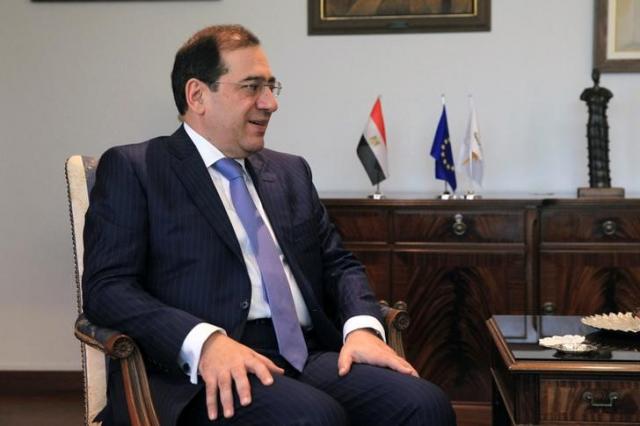Saudi Arabia’s King Salman bin Abdulaziz Al Saud has vowed that his government will “strike with an iron fist”, a day after suicide bombers struck three cities in an apparently coordinated campaign of attacks.
In a speech marking Eid al-Fitr, the holiday that celebrates the end of the Islamic holy month of Ramadan, King Salman said a major challenge facing Saudi Arabia was preserving hope for youth who faced the risk of radicalization.
“The kingdom is fully determined to strike with an iron fist all those who aim at the minds or ideas of our dear young people,” Salman said on Tuesday, in an address to the nation for the Islamic feast of Eid al-Fitr.
Four security guards were killed on Monday outside the Prophet’s Mosque in Medina, Islam’s second holiest site, as suicide attackers also struck two other cities.
US consolate in Jeddah and Shiite mosque in al-Qatif were targeted by suicide attacks.
Following the attack, Mohammed bin Nayef bin Abdul-Aziz, Saudi’s crown prince who is spearheading the country’s anti-terror efforts, visited wounded victims, as he sought to reassure Saudis that the country’s security “is at its highest levels”.
“I know confronting terror operations is not simple. The simple repercussions you feel following the explosion will go away. I’ve been through this experience before and I [understand] how you feel,” Al Arabiya TV quoted him as saying.
Attacks In Iraq,Bangladesh,Turkey&Saudi
Still Associate Islam With Terrorism Then You Lack Brain Cells #MedinaAttack pic.twitter.com/IYaXcZEZ30— SALMAN KHAN TIMES ? (@SalmanKhanTimes) July 4, 2016
Is ISIS behind the attacks?
No group has claimed responsibility for the attack in Medina, or for two other suicide bombings the same day outside a Shia mosque in the eastern city of Qatif and near the US consulate in Jeddah.
The Jeddah bombing killed only the attacker, and no casualties other than the bomber have been reported in Qatif.
The Saudi interior ministry identified the Jeddah attacker as Abdullah Waqar Khan, a Pakistani national in his early 30s. In a tweet, the ministry said that Khan, a driver, had moved to Jeddah 12 years ago to live with his wife and her parents.
Pakistan said on Tuesday that it was going to investigate whether the suicide bomber in Jeddah was one of its nationals.
Many observers suspect the Islamic State (ISIS) of being behind the bombings.
The armed group, which controls areas of eastern Syria and northern Iraq, has frequently denounced the Saudi monarchy and has claimed previous attacks on Shia mosques in Qatif and elsewhere in the kingdom.
The group has claimed responsibility for Sunday’s car bomb attack on a shopping street in the Iraqi capital Baghdad in which more than 200 people were killed.
https://www.youtube.com/watch?v=M0aDInyv2Vw
Attacks on Saudi Royal family
Militant attacks on Medina are unprecedented. The city is home to the second most sacred site in Islam, a mosque built in the 7th century by the Prophet Mohammed.
Attacks on Mecca, the holiest place in Islam, have been extremely rare. The Al Saud ruling family considers itself the protectors of both sites. Islamic State says the Saudi rulers are apostates and has declared its intention to topple them.
Saudi Arabia’s crown prince and anti-terror tsar, Mohammed bin Nayef bin Abdul-Aziz, sought on Tuesday to reassure Saudis of the country’s security.
“The security of the homeland is good, it is at its highest levels and thanks be to God it gets stronger every day,” the state news agency SPA quoted him as saying during a visit to some of the wounded in the Jeddah attack.
Prince Mohammed has been credited for ending a bombing campaign by al Qaeda in Saudi Arabia between 2003 and 2006.
Saudi security officials say Islamic State’s supporters inside the kingdom mainly act independently from the group in Iraq and Syria, its main areas of operations.
Salah al-Budair, the imam of the Prophet’s Mosque, warned young people about being lured by the “malignant” ideology of Islamic State. “(The bomber) is an infidel who has sold himself to the enemies of his religion and his country,” he said.



